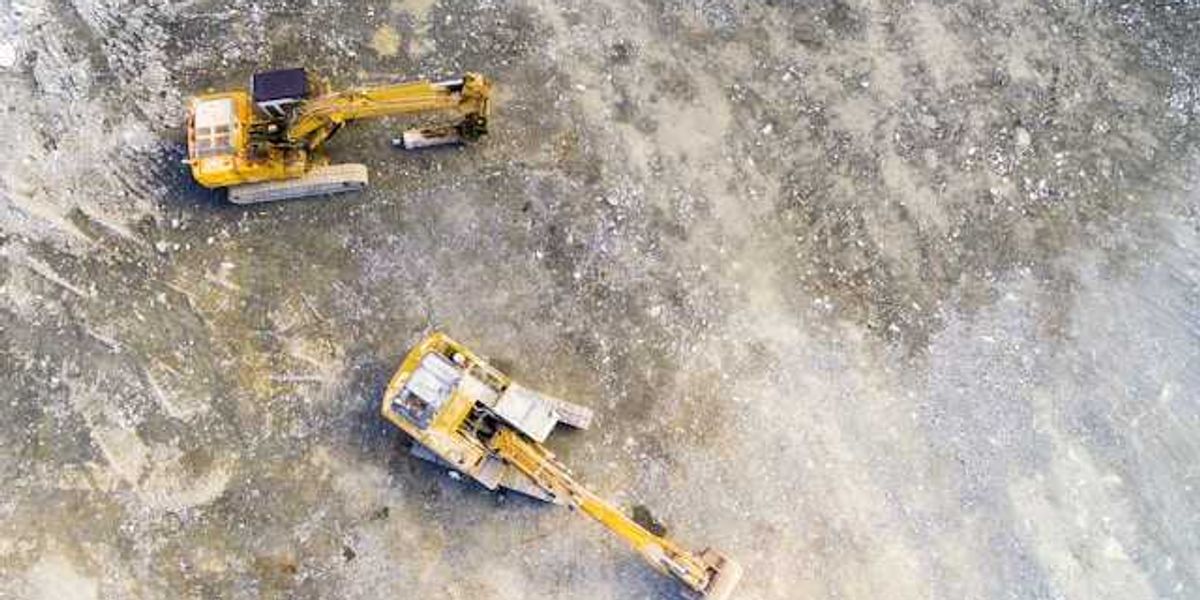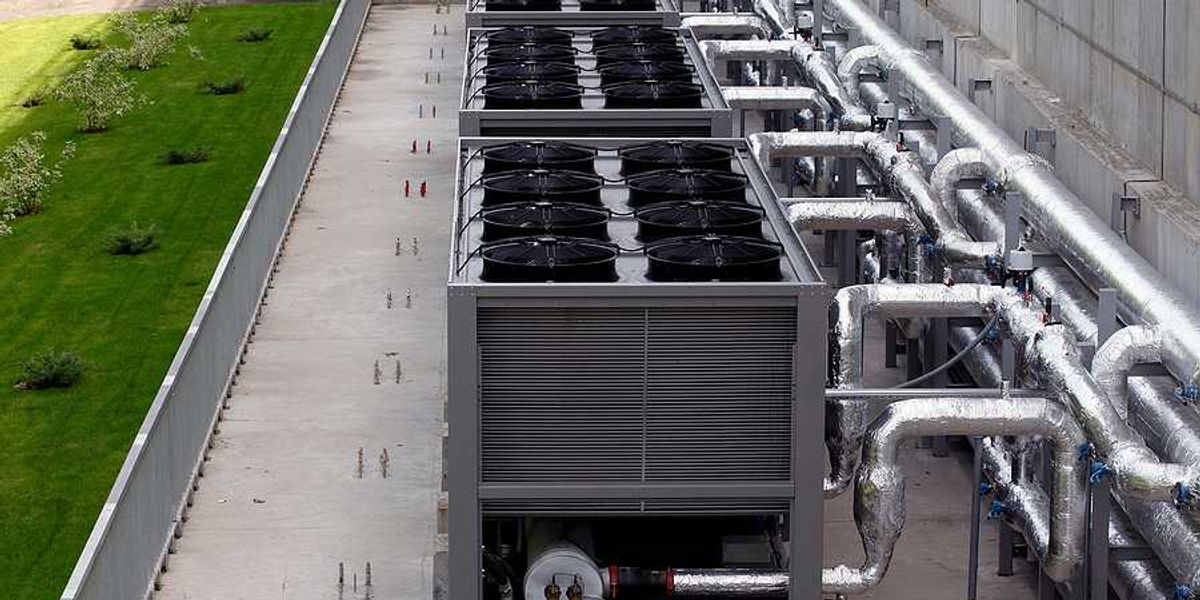Illinois weighs bold move to curb diesel truck pollution across the state
Illinois may adopt California’s clean truck rules to cut diesel emissions, despite President Trump’s efforts to block state-level climate standards.
Kari Lydersen reports for Canary Media.
In short:
- Illinois is considering adopting California’s Advanced Clean Trucks program, which requires rising sales of zero-emission heavy-duty trucks, and may also align with California's clean car rules and NOx limits.
- Advocates point to warehouse-heavy communities like Joliet and Little Village, where diesel pollution hits low-income and immigrant residents hardest.
- The program would accelerate electric vehicle infrastructure and market growth in the Midwest, but faces legal and political threats from the Trump administration, which has a history of revoking California's emission waivers.
Key quote:
“Black, brown, and low-income communities in and around Joliet are disproportionately affected by diesel pollution, large amounts of truck traffic, and increasing growth of the warehouse industry.”
— Griselda Chavez, environmental justice organizer, Warehouse Workers for Justice
Why this matters:
Heavy-duty diesel trucks — ubiquitous on highways and essential to America’s freight economy—are also among the most polluting vehicles on the road, emitting high levels of nitrogen oxides and fine particulate matter that can penetrate deep into the lungs and bloodstream. These pollutants are closely linked to asthma, heart disease, and shortened lifespans, with the brunt of the impact falling on low-income communities and communities of color situated near major trucking routes and distribution hubs.
Illinois is now weighing whether to adopt California’s Advanced Clean Trucks rule — a move that could reshape the regional market and reduce diesel dependence across the Midwest. But legal challenges to California’s authority, and a broader uncertainty over states' rights to enact stricter vehicle emissions standards, loom large. For environmental justice advocates, every year of delay means another year of preventable illness in communities already burdened by systemic inequities.
Related: Diesel to electric: Cost-effective solution for cleaner trucking













